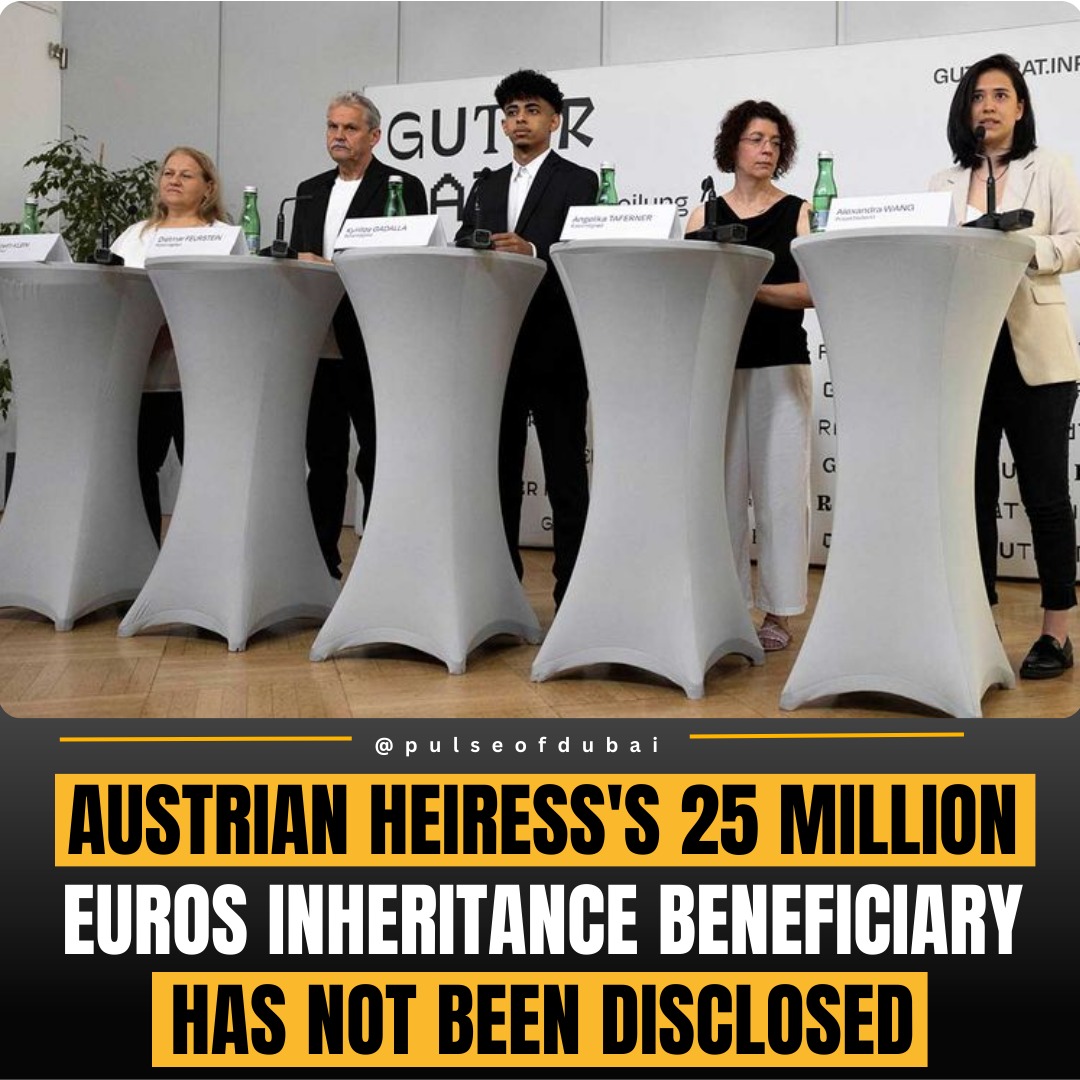Marlene Engelhorn, a prominent Austrian heiress and activist, made a significant impact by allocating 25 million euros of her inheritance to various social, environmental, and educational causes in Austria. Her decision to distribute this substantial sum was carried out through a unique and democratic process involving a citizens council. This approach underscores her commitment to wealth redistribution and societal fairness.
Engelhorn, who has inherited a vast fortune due to her family’s business legacy, has long been an advocate for higher taxes on the wealthy and more equitable distribution of resources. In line with her beliefs, she chose to involve a citizens council in the allocation process, ensuring that the funds would be directed toward initiatives that reflect the needs and priorities of ordinary Austrians.
The citizens council comprised 50 Austrians from diverse backgrounds, selected to mirror the country’s demographic mix. They gathered over several weekends to deliberate and decide on the most deserving recipients of the funds. This method not only democratized the decision-making process but also fostered a sense of collective responsibility and engagement among the participants.
Ultimately, the council decided to distribute the 25 million euros among 77 organizations. These organizations focus on a broad range of issues, including environmental protection, education, integration, health and social issues, poverty alleviation, and affordable housing. The allocations ranged from 40,000 euros to 1.6 million euros, ensuring that both small and large initiatives could benefit from the funding.
One of the largest beneficiaries was the Austrian Society for Nature Conservation, highlighting the council’s emphasis on environmental sustainability. Other recipients included various educational programs, social integration projects, and health initiatives aimed at improving the well-being of marginalized communities.
Engelhorn’s decision to involve a citizens council and distribute her inheritance in this manner reflects her dedication to creating a more just and equitable society. By redirecting her wealth to support grassroots initiatives and community-driven projects, she aims to address systemic inequalities and foster positive social change.
This initiative also aligns with Engelhorn’s broader advocacy work through the Taxmenow initiative, which she co-founded. The initiative calls for higher taxes on the wealthy to reduce the growing wealth gap and address the persistent cost-of-living crisis affecting many people worldwide.
In conclusion, Marlene Engelhorn’s allocation of 25 million euros through a citizens council to 77 organizations in Austria stands as a powerful example of philanthropy driven by democratic values and a commitment to social justice. Her actions not only provide substantial support to various causes but also inspire a broader conversation about wealth redistribution and the role of the wealthy in addressing societal challenges.









